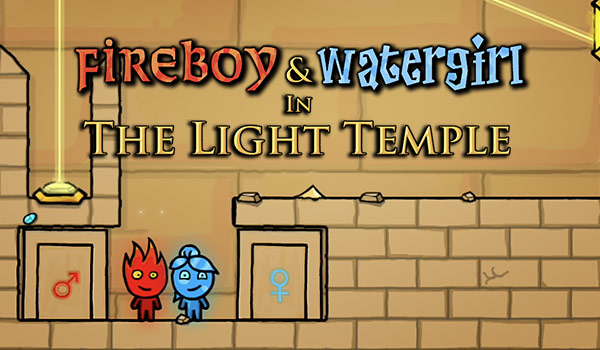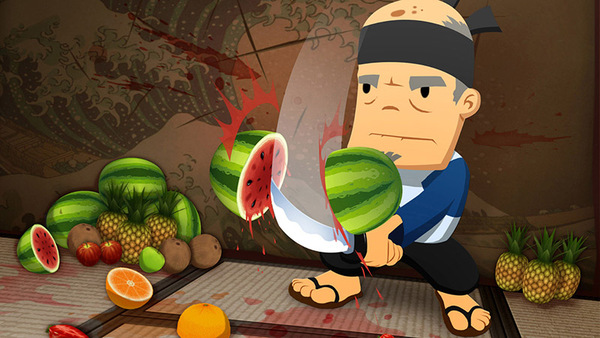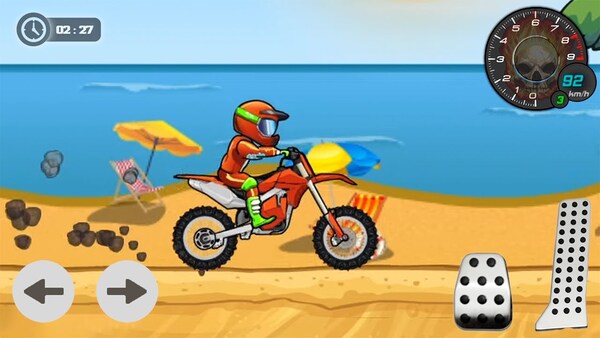Dune: Awakening is a highly anticipated open-world survival MMO set on the harsh desert planet of Arrakis, made famous by the Dune universe. Developed by Funcom, the game promises a rich blend of survival gameplay, strategic decision-making, and expansive multiplayer dynamics. While seemingly unrelated, the real-world concepts of insurance and claim offer a surprisingly insightful lens through which to explore the risk-reward gameplay that defines this upcoming title.
The Rise of Dune: Awakening
Announced during Gamescom 2022, Dune: Awakening instantly intrigued fans of science fiction and survival games. It offers a fresh take on the Dune universe, set in an alternate reality where Paul Atreides never existed. This divergence gives the developers creative freedom to explore new stories, conflicts, and factions.
Players are thrust into a sandbox-style MMO environment where survival is key. They must mine for spice, build secure bases, form fragile alliances, and fend off both human and environmental threats. Like the real world, the game demands proactive planning and risk mitigation—principles that are the foundation of the insurance industry.
Life on Arrakis: A Planet Defined by Risk
Dune: Awakening takes place on one of the most dangerous planets in science fiction. The environment is volatile, filled with natural disasters like sandstorms, and home to the deadly sandworms. Other players can be both allies and threats, ready to raid or betray you at any moment.
This constant risk simulates the uncertainties of real life, where people rely on insurance to manage financial and property risks. Players must take preventive measures in the game—just as you would insure your home or vehicle in the real world. When something goes wrong, whether in-game or in real life, filing a claim is the next step toward recovery.
Character Development and Survival Strategy
Progression in Dune: Awakening depends not just on leveling up but also on mastering the systems of survival. Players must monitor their hydration, hunger, equipment durability, and shelter—all while avoiding predators and enemy factions.
Real-time Decisions with Long-term Impact
Every decision matters. Going out into the desert without enough water or engaging in combat without backup can have severe consequences. This mirrors the consequences of poor decisions in real life, such as skipping insurance coverage or missing a filing deadline for a claim.
Players who plan ahead, like those who maintain emergency funds or adequate coverage, fare far better in the long run. The game, much like life, rewards thoughtful strategy over reckless action.
Key Tips for Strategic Survival
-
Form alliances early to share resources and reduce risk.
-
Invest in strongholds with layered defense systems.
-
Diversify your storage and spread valuable items to avoid total loss.
The Spice Economy and Market Risk
Spice is the most valuable resource on Arrakis, serving as a currency, power source, and trade item. Controlling spice operations is crucial for progression and faction power.
This system mimics real-world markets, where assets like gold, oil, or real estate carry immense value but also significant risk. Just like real investors protect their assets with insurance, players must safeguard their spice operations against attacks and sabotage.
A sudden raid or economic downturn in the game can cause a loss that feels very much like a real-life disaster—one that, without proper preparation, could lead to filing a claim if such a system existed in the digital world.
Base Building: Protection Through Preparation
Your base is more than just a home—it’s your command center, storage vault, and lifeline. Building and upgrading your base ensures that you’re ready for both human threats and environmental challenges.
A strong base is like having comprehensive insurance coverage. It may not prevent the loss, but it dramatically reduces the damage and makes recovery easier.
Defensive Structures and Strategy
-
Build high walls and advanced turrets to repel raiders.
-
Install alert systems to warn you of approaching enemies.
-
Design layered defense layouts to slow down invaders.
These are the digital equivalents of securing your home, car, or business with multi-layered insurance policies.
Faction Warfare and Political Volatility
Politics plays a central role in Dune: Awakening. Players can join factions or form their own, compete for control of spice-rich territories, and influence the fate of Arrakis.
But factions are not always stable. Alliances can shift, betrayals are common, and wars are inevitable. These changes echo the way political instability affects real-world insurance premiums and risk assessments.
If you’re operating in a high-conflict zone, you need better preparation, stronger defenses, and perhaps even an escape plan—much like you would need specialized insurance in volatile regions.
PvP Combat and Territorial Claims
Combat in the game is not only about defeating opponents—it’s about asserting control. When you win a battle, you can take over land, resources, and influence.
This is very similar to the concept of filing a claim after a justified loss or victory. You assert your right to compensation or territory and go through the appropriate steps to secure it.
Claiming Land and Defending It
-
Scout territories before moving in.
-
Use intel from allies to assess risk.
-
Fortify your claim with both infrastructure and political alliances.
Without preparation, you may lose your stake, just as you might lose a claim if documentation is missing or deadlines are missed.
Death, Rebirth, and Reclamation
Unlike many MMOs, death in Dune: Awakening carries weight. Players may lose items, progress, and even territory when they die or are raided.
This mechanic underlines the importance of resilience and recovery plans. Just as people file insurance claims after natural disasters, players must be ready to rebuild, reclaim, and recover after a defeat.
Smart players store extra resources in secure locations, build alliances that can offer support, and have alternate escape routes—mimicking how risk-aware individuals use insurance and diversified portfolios in real life.
Lessons from the Game: Real-World Applications
What makes Dune: Awakening stand out isn’t just its gameplay but the life lessons it subtly imparts. Players become more aware of the value of preparation, the importance of risk diversification, and the benefits of proactive recovery systems.
These are exactly the principles that define effective use of insurance—be it health, property, business, or life coverage. And when the unexpected happens, knowing how and when to file a claim can make the difference between full recovery and total loss.
What Gamers Learn About Insurance
-
Risks are inevitable, but losses are manageable.
-
Preparation reduces the impact of disasters.
-
A strong support network is as important as a solid insurance plan.
Conclusion:
Dune: Awakening is not just a visually stunning survival MMO—it’s a game that captures the complexities of risk, reward, and resilience. From desert warfare to spice trading, and from base building to faction politics, every system is built around decision-making with consequences.
Through this lens, concepts like insurance and claim aren’t just business terms—they become survival tools. Players who embrace these ideas will find themselves better equipped not only to thrive in Arrakis, but also to understand the value of protection and preparation in the real world.
Whether you're navigating the dry sands of Arrakis or the unpredictable terrain of modern life, remember: it’s not just about surviving the storm—it’s about being prepared for what comes after.






























